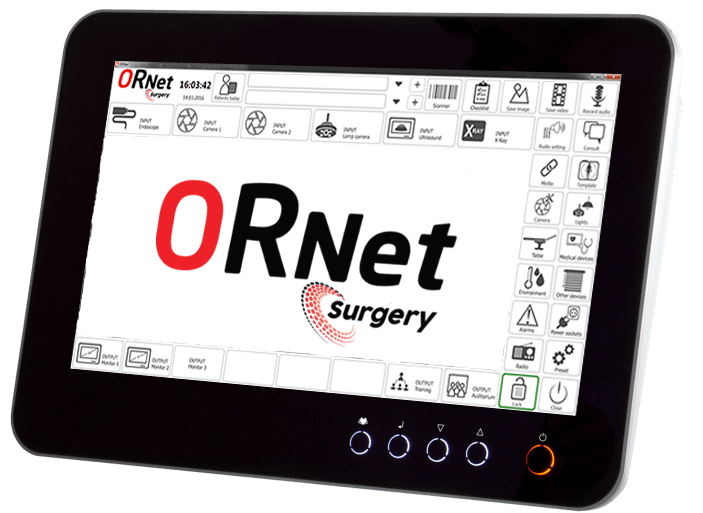For surgical procedures, ensuring high-quality patient care is the goal of hospitals. However, the situation can instantly go sideways because of one crucial aspect, surgical documentation. One minor fault can threaten the life of the patient.
For instance, using wrong EHR terminology in the patient records, adding vague statements, or missing out on some important information, any of these might result in carrying out incorrect surgical procedure or impact the surgical department’s ability to provide the highest quality of care to the patients
Defining Surgical Documentation and Its Importance
Surgical documentation can simply be said as the process of recording information related to a patient’s surgery. However, it is not just limited to the things carried out during surgery, but also the pre-operative assessment and the post-operative course.
Surgical documentation is important for several reasons. First, it provides a record of the care that was provided to the patient and ensures that patients receive the best possible care. This can be useful for quality improvement purposes or in the event of a medicolegal issue.
Second, it can serve as a teaching tool for medical students and residents by providing data that can be used to study and improve surgical techniques and outcomes.
The Consequences of Inaccurate Surgical Documentation
When it comes to surgical documentation, accuracy is key. Even the slightest error can have serious consequences for both patients and providers. Inaccurate surgical documentation can lead to wrong-site surgery, misdiagnosis, and delayed or incorrect treatment. It can also create legal liability for the provider. So, the consequences are not limited only to patients but are for both sides.
For patients, the consequences of inaccurate surgical documentation can be devastating. Wrong-site surgery can result in permanent disability or even death. A misdiagnosis can mean that a patient does not receive the proper treatment for their condition, which can lead to further complications. And delayed or incorrect treatment can have a ripple effect on a patient’s health, leading to a longer hospital stay and increased costs. In addition to that, it can jeopardize patient safety by preventing proper follow-up care and communication among the care team.
For surgeons and hospitals, if the surgery is not well documented, the surgeon may not be able to defend him or herself against a malpractice lawsuit. Second, if the documentation is inaccurate, it can lead to errors in billing and coding, which can result in financial losses for the hospital or practice.
A big relief here is that inaccurate surgical documentation is preventable. OR Integration and Management systems such as ORNet Surgery not just simplify the workflow but also assist in surgical documentation. With easier access to patient records and a procedural checklist, surgeons can take care of the procedural details. Furthermore, during surgery, they can record video & capture images from connected video sources, that are automatically connected to patient files and are immediately available for post-procedure analysis.

As a result, surgical teams can document each step of the surgical process and providers can ensure that their patients receive the best possible care.
Learn More About ORNet Surgery.



